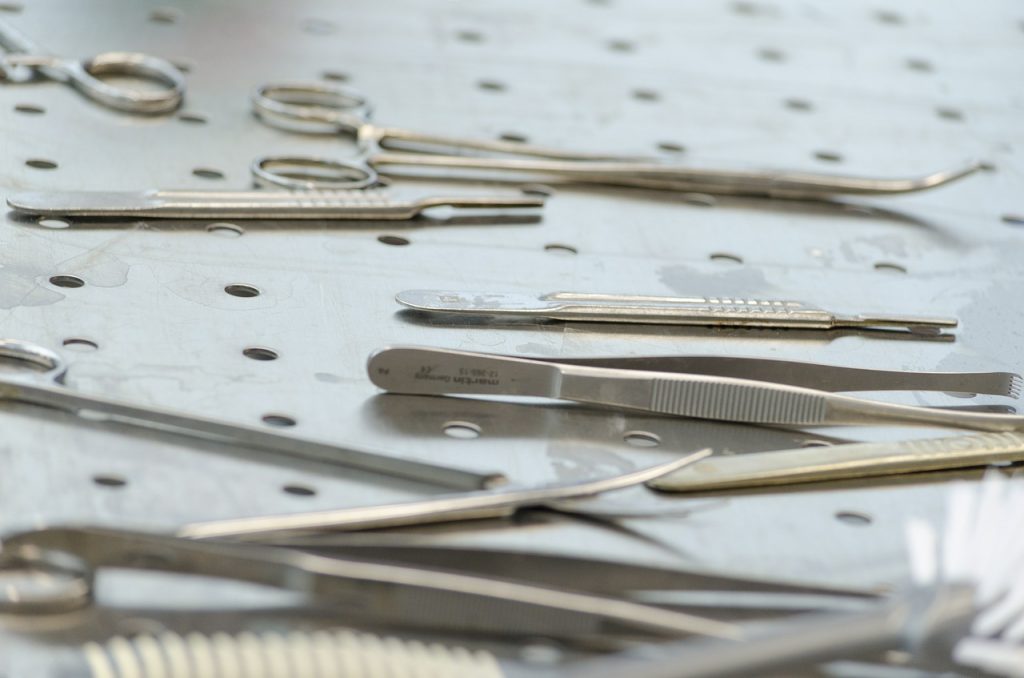
If you are preparing yourself to undergo any of the weight-loss procedures, you are probably not thinking about possible consequences as you are only focused on results.
Weight-loss surgery or bariatric surgery is a major procedure that can pose serious risks and side effects and the recovery period, depending on your body state, can take more than it should.
On the bright side, this major event can be seen as a new beginning or a rebirth. The surgery with good aftercare and balanced modifications in the lifestyle can give amazing long-term results for health and weight.
With any surgery, it is important to consider costs you may have to pay along with how much is covered by your insurance. While most surgeries in the US can be expensive, finding an affordable provider to reduce your bariatric surgery costs would be a very worthwhile consideration.
Exploring your options from doctors in your area is very important to do. These doctors should also provide you with a well-documented plan for pre and post-surgery.
Whatever would be your case, the most important thing is to follow the postoperative recovery instructions from your surgeon.
Usually, recovering from bariatric surgery is not a long and painful process. A great number of patients have minimally invasive or laparoscopic procedures and leave the hospital in two or three days. For open surgeries, where the surgeon needs to make a bigger cut, the healing process lasts longer.
While in the Hospital
While you are in the hospital, nurses and other medical staff will closely monitor your condition to ensure your safety and comfort in your first days of healing — blood pressure, pulse, temperature, and respiration. Moreover, they will help you to encourage your body’s healing with different breathing and movement exercises, which also help prevent any complication.
At first, you will probably experience some side effects such as pain, fatigue, nausea, digestive issues, and anxiety. To a varying extent, it is normal to experience this and you should, by all means, share with your nurse, so she and the medical staff may help you out before it gets worse.
Standing up, walking and doing your postoperative exercises may help accelerate your recovery and reduce complications. Activities such as this and even changing bed positions help boost circulation. Good blood flow deters the development of blood clots and improves healing.
Deep breathing exercises will help you expand your lungs and clear out your throat after surgery and will also increase circulation and eliminate anesthesia. The ones for the leg strengthening will help you improve not only circulation but also your muscle abilities. It is beneficial to practice these exercises around every hour, or as instructed by your doctor.

Home Recovery
When you will leave the hospital greatly depends on your progress. Before your discharge, you will receive a specific dietary and activity program that you should follow without exception.
Ordinarily, an all-inclusive bariatric program should have several healthcare professionals available to help you with new habits.
Upon your return home, try to ease up on things for a while. Your body needs to recuperate from major surgery and weight-loss during the healing period. In that sense, you should think of preparing your home in order to make this period as painful as possible.
For instance, if your bedroom is on the upper floor, you may consider placing the bed in the living area, where you will have more comfort and would not be excluded from family life.
During the time of your healing, you should begin to change your lifestyle. This means you should eat new food in smaller portions and more often, take multivitamins and calcium supplements daily and exercise regularly.
The thing is, bariatric surgery changes the way your body handles the food and it is harder for it to absorb specific nutrients such as iron, vitamin B12, and D, folate, and calcium.
While you are recovering in the first couple of months, it is super hard to get enough fluid. The recommendation of most surgeons is to drink 1.5 to two liters of water each day to avoid dehydration, constipation, and kidney stones.

Coping with Changes
Your emotions after bariatric surgery may be extreme and harder to deal with. For some, all these life-changes can represent a troubling experience, while it can bring more confidence to others.
Some will see the result as a great looking body and some will have difficulties to apprehend the sudden change and will only see sagged skin, be more vulnerable to criticism and bias.
One of the solutions that can help you feel better about yourself is to seek help from leading plastic surgeons to eliminate the excess skin on your neck, for example. With this move, you will feel more confident and more comfortable in your new skin. This will also help you to be more positive about your weight-loss and will break the negative circle before it breaks you.
It is perfectly normal to have weight fluctuations. But, to minimize them you should bridle the stress, have a good night seven-hour sleep, stop smoking (if you are a smoker).
In a nutshell, you should surround yourself with stuff that will motivate you to stick to healthy habits.
It may take time to resolve emotional issues and support from your family and friends or from support groups is extremely valuable. You may even seek follow-up care from your surgeon to help you deal with your everyday struggles.
Bottom line, regardless of the thoughts and feelings, you wrestle with, it’s important to be open about your emotional state.
About The Author:
Nina is a blogger, yoga aficionado and healthy lifestyle enthusiast. She’s passionate about learning new things and sharing meaningful ideas. If you wanna see what she’s up to you can find her on Twitter.




